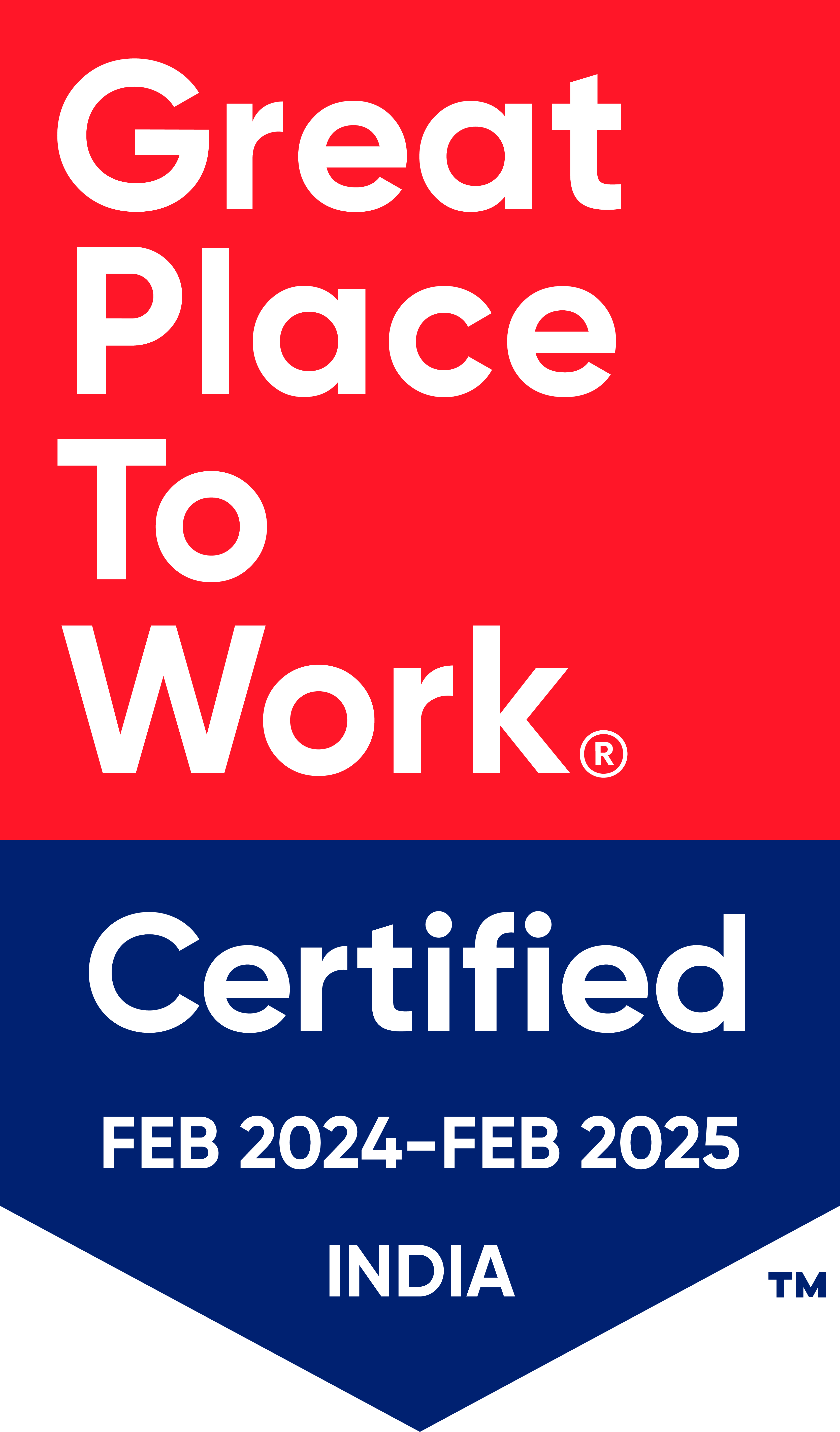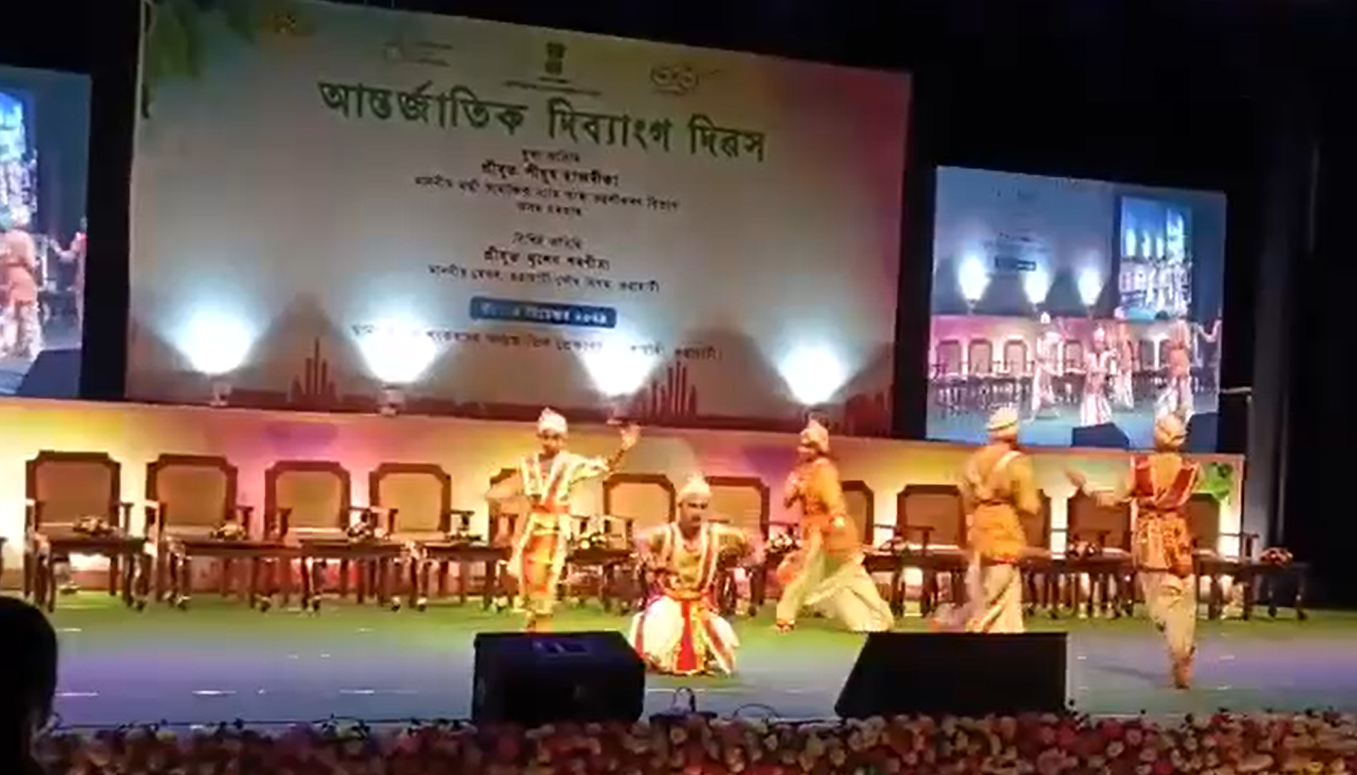


Disability, the very word, has long been associated with negative connotations, often reinforced by misconceptions and stereotypes. This portrayal, steeped in ignorance, overlooks the abilities and potential of individuals with disabilities. It is essential to understand that disability is not something to be feared or pitied. Instead, it should be seen through the lens of empathy, inclusion, and an acknowledgment of each person’s unique strengths.
On this year’s International Day of Persons with Disabilities (IDPD), we are reminded of the importance of educating ourselves, challenging preconceived notions, and embracing a culture of inclusivity. Each of us has a role to play in promoting understanding and empathy, ensuring that people with disabilities are not seen as charity cases, but as valued members of society with contributions to offer. So, how can we better include them, and why does it matter?
The Role of Media: Challenging Misrepresentation
Media holds significant power in shaping public perceptions and influencing societal attitudes. Through various mediums such as television shows, movies, news coverage, and social media platforms like Instagram and TikTok, disability is often misrepresented or represented from an ‘able-ist’ perspective. Sensationalized portrayals frequently emphasize the limitations associated with disabilities, perpetuating the harmful stereotype that disability inherently prevents individuals from leading fulfilling or successful lives. In other instances, persons with disabilities are idealized or spiritualized, with society framing them as "closer to God," further distorting their lived realities and experiences. This framing may strip individuals of their autonomy, portraying them as “other” or reinforcing the idea that they should simply accept their disability as something inherently positive, even if it comes with significant challenges. Such narratives often diminish the acknowledgment of the real-life struggles and diverse experiences that people with disabilities face.
For instance, Luis Benitez, a mountaineer with a disability who has climbed some of the highest mountains, has shared his perspective: "People often think of me as an inspiration simply because I have a disability. But they don't see the work, the discipline, the strategy, or the effort it takes to get to the top of a mountain. I don’t want to be seen as a 'symbol of hope' because of my disability; I want to be recognized for my determination, skills, and achievements." This insight highlights the importance of recognizing individuals as multifaceted, rather than as symbols of charity or sainthood.
A more inclusive and nuanced portrayal in the media is essential for dismantling stereotypes, challenging patronizing attitudes, and promoting a deeper, more equitable understanding of disability.

A New Perspective: Disability is Not the Defining Trait
It is time to change the way we view disability. Society must recognize that disability is just one facet of a person’s identity. It is not a measure of their worth, nor does it determine their potential. A person with a disability is first and foremost a human being, with dreams, goals, and aspirations, just like anyone else.

As Judy Heumann, a leading advocate for the rights of people with disabilities, famously said, "Disability is a natural part of human diversity. It’s part of who I am, but it doesn’t define me. The world is built for some and not others, and it’s time we change that." Heumann’s words powerfully capture the idea that disability should not be the lens through which a person’s life is viewed. Rather, it is one aspect of a person's multifaceted identity, and their contributions to society should be celebrated, not diminished by their disability.
By challenging stereotypes and fostering inclusive narratives, we can build a society where disability is not just accepted but embraced and celebrated. This shift calls for moving beyond the view of disability as a tragedy, and instead recognizing it as an integral part of the rich diversity of human experience. When we actively promote inclusion, we contribute to a world where differences are not merely tolerated, but truly valued.
Promoting Inclusion: Moving Beyond Tokenism
Inclusion is more than just a buzzword—it’s a call for action. It begins with communication and understanding. To truly include individuals with disabilities in society, we must learn how to engage with them in ways that do not make them the subject of pity or ridicule. Inclusion means recognizing their worth and supporting their participation in all aspects of life, whether in the workplace, at school, within the community, or within the family.
This process also requires sensitivity. It’s easy to unintentionally alienate people with disabilities by making them the "butt of the joke" or treating them differently because of their condition. Sometimes, well-meaning actions can still perpetuate exclusion by reinforcing the notion that disability is something “abnormal.” When we treat individuals with disabilities as though they are any different from others, we inadvertently teach them that they don’t belong. In reality, their experiences are just as valid, and their needs are no different than anyone else’s.
Dr. Satendra Singh, a prominent advocate for disability rights, puts it: "Inclusion is not about providing charity to people with disabilities, but about creating equal opportunities and accessibility for everyone, regardless of ability."

So, how can we ensure that our actions foster inclusion rather than exclusion? It starts with creating spaces for people with disabilities to participate fully, without feeling isolated or marginalized. Whether it’s through accessible buildings, inclusive media, or open-minded workplace policies, the goal is to create a world where people of all abilities can thrive.
The Path Forward: Advocating for Change
As we reflect on the significance of International Day of Persons with Disabilities, let us commit ourselves to not just passively accept but actively advocate for change. It’s not enough to simply acknowledge disability. We must fight for the rights of people with disabilities to be treated with dignity, respect, and equality.
We have the power to reshape the narrative around disability, both in the media and in everyday interactions. By promoting diverse and realistic portrayals of individuals with disabilities, we can challenge outdated stereotypes and create a more inclusive world. The more we normalize disability in all its forms, the more we will see the full spectrum of human potential realized.
Together, let’s move toward a society where people with disabilities are not just included but celebrated for their unique contributions, talents, and perspectives. It’s time to break the stereotypes, embrace diversity, and create a future where everyone is recognized for who they truly are.
As we mark this year’s International Day of Persons with Disabilities, we are reminded that inclusion is not just a moral imperative; it’s a practical one. Each of us has a role to play in making the world a more accepting place for people with disabilities. Let’s embrace the challenge of changing how we view disability, and in doing so, transform the way we treat each other, ensuring that no one is left behind.